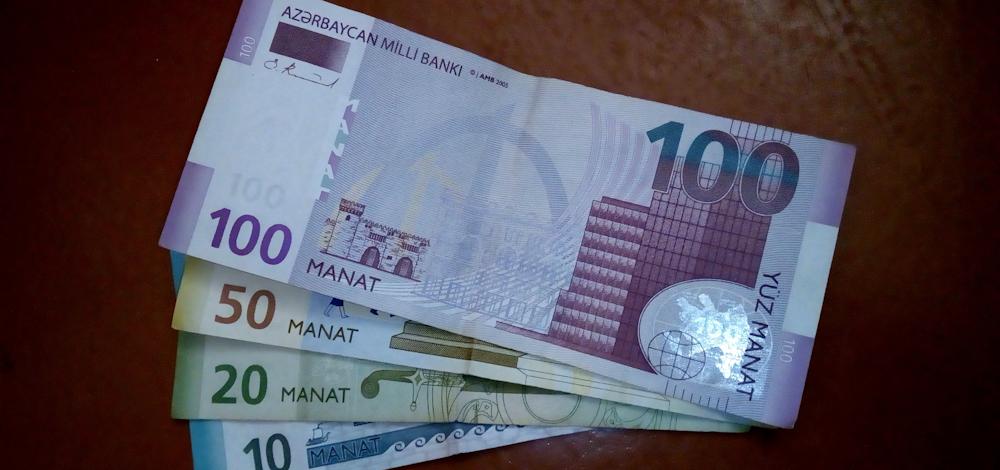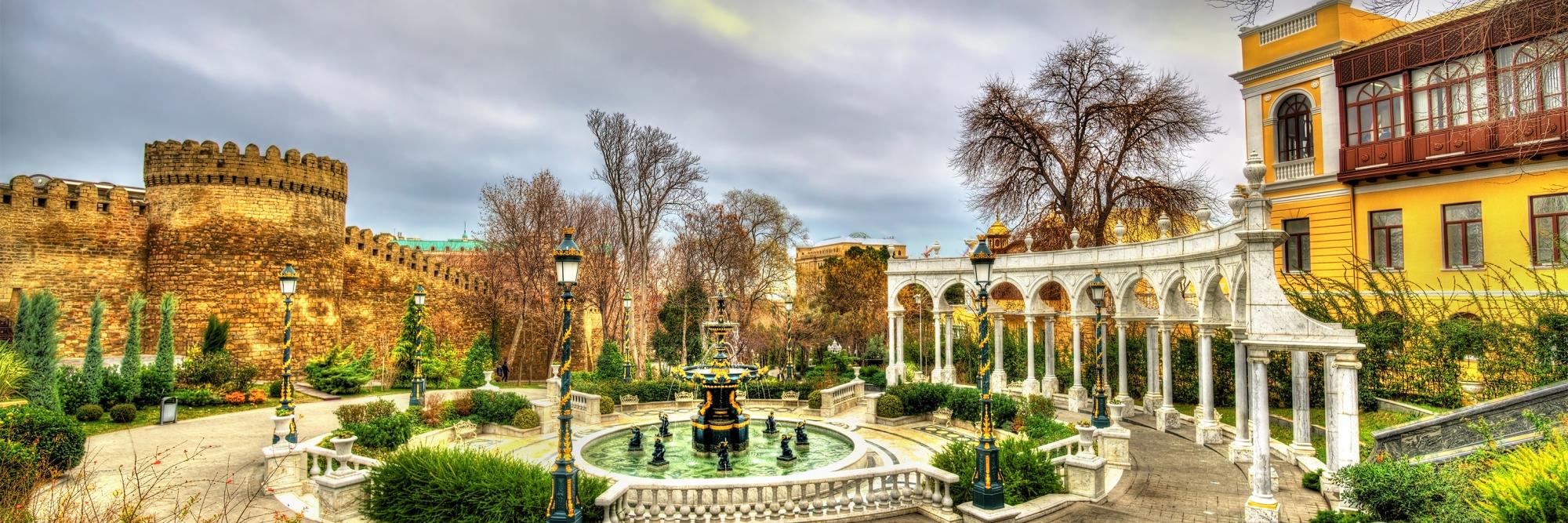Banking, money and taxes in Azerbaijan present a mixed bag for expats. Despite ongoing reforms, the country’s banking system remains somewhat limited compared to its GDP. The Central Bank of Azerbaijan regulates all monetary policy and banks in the country. While some banks are owned by the state, a privatisation drive has been in effect since the post-Soviet era.
Money in Azerbaijan

Azerbaijan’s currency is the Azerbaijani Manat (AZN), divided into 100 qapik. The currency symbol is ₼.
- Notes: AZN 1, AZN 5, AZN 10, AZN 20, AZN 50, AZN 100, AZN 200
- Coins: 1 qapik, 3 qapik, 5 qapik, 10 qapik, 20 qapik and 50 qapik
As a new arrival, you can easily exchange euros, pounds sterling and US Dollars for the local manat at the airport, banks and major hotels. Getting hold of foreign currency has become more regulated under Central Bank policies. You can bring up to USD 10,000 or equivalent without declaration, but you’ll need to complete customs paperwork for larger amounts. Stick to official exchange points to avoid legal complications.
Banking in Azerbaijan
You have several options to manage your finances when banking in Azerbaijan. The market includes both local and international institutions, with the state-owned International Bank of Azerbaijan (ABB) being the largest. Other major players include PASHA Bank and Kapital Bank, which offer increasingly modernised services for expats.
Digital banking is growing steadily, with institutions like the International Bank of Azerbaijan implementing new online platforms. Mobile banking apps have gained traction in Baku and other urban centres, although they lack some features you might be used to from Western banks.
Opening a bank account
Opening a bank account in Azerbaijan might not be necessary if you’re on a short-term stay or can receive your salary in your existing international account. Should you need a local account, prepare to provide your passport, a valid residence permit, and proof of address. Many banks also ask for proof of employment or an income source.
The process runs more smoothly at international banks where staff speak English, and accounts can typically be opened in multiple currencies.
Credit cards and ATMs
Although cash reigns supreme across most of the country, credit cards are gaining ground in Azerbaijan. Your international cards will work without issue in Baku’s hotels, restaurants and shopping centres, but smaller businesses and establishments outside the capital often take cash only.
ATMs dot the city of Baku and other major towns, readily accepting foreign-issued cards. You’ll find most machines inside banks, with others scattered through supermarkets and hotels. Watch out for international withdrawal fees from both the local ATM and your home bank.
Many ATMs let you pay utility bills directly through the machine, saving you the hassle of queuing at payment offices. Mobile payment apps like those from Kapital Bank and PASHA Bank have started to catch on, particularly among younger Azerbaijanis in urban areas.
Taxes in Azerbaijan
Taxes in Azerbaijan follow clear residency rules. Residents (those who are physically present for 182 or more days per calendar year) are taxed on worldwide income. Non-residents pay tax only on Azerbaijan-sourced income. Special residency definitions exist under Production Sharing Agreements and Host Government Agreements for specific sectors. The tax year runs from 1 January to 31 December.
Working in non-governmental and non-oil-gas sectors qualifies you for reduced personal income tax rates compared to those in the oil, gas, and government sectors. Income from dividends received from Azerbaijani companies typically faces a 10 percent withholding tax. Azerbaijan maintains double-taxation treaties with numerous countries to prevent you from paying twice on the same income.
Tax regulations shift periodically, so your best move is consulting a tax specialist experienced with expat affairs to stay compliant.
